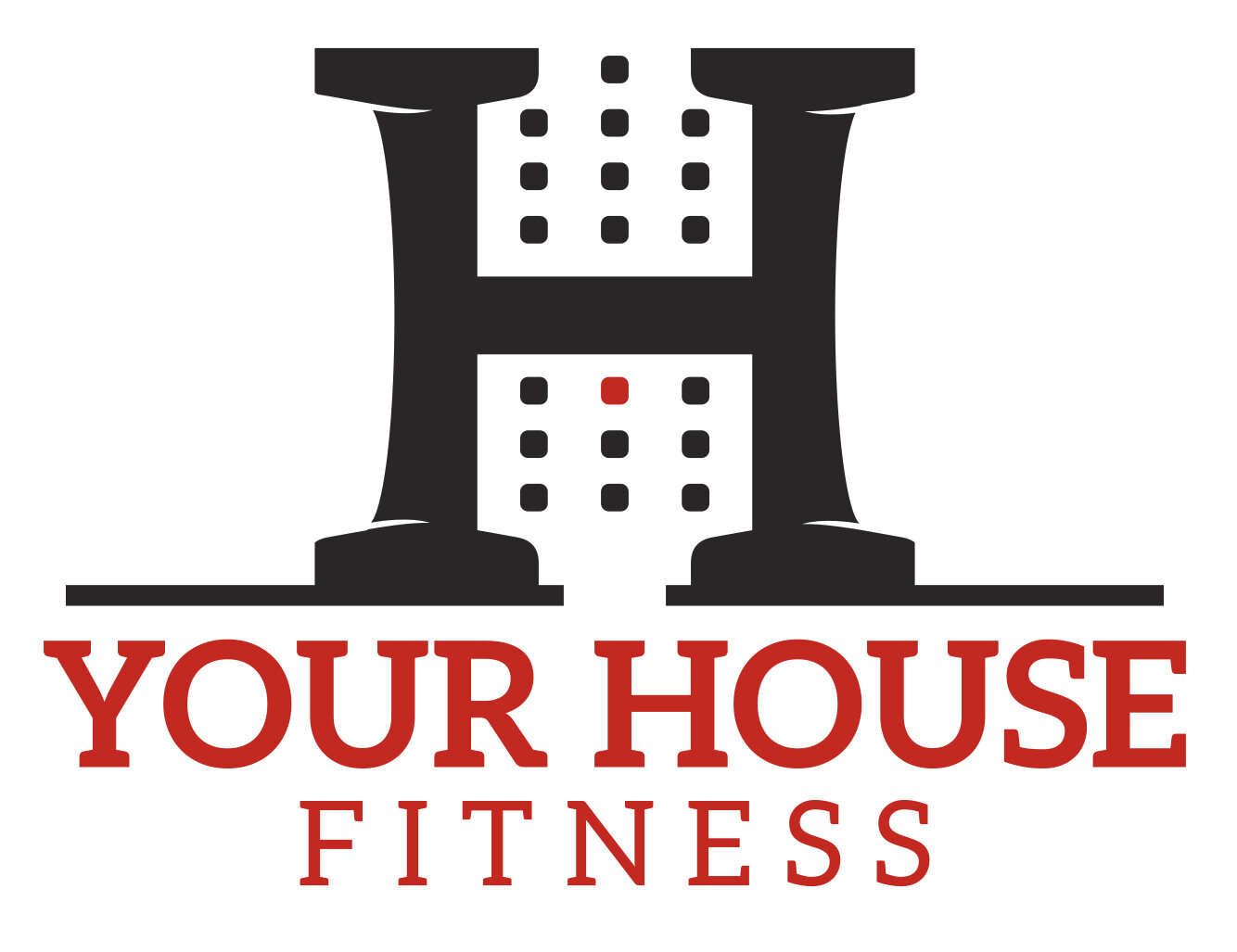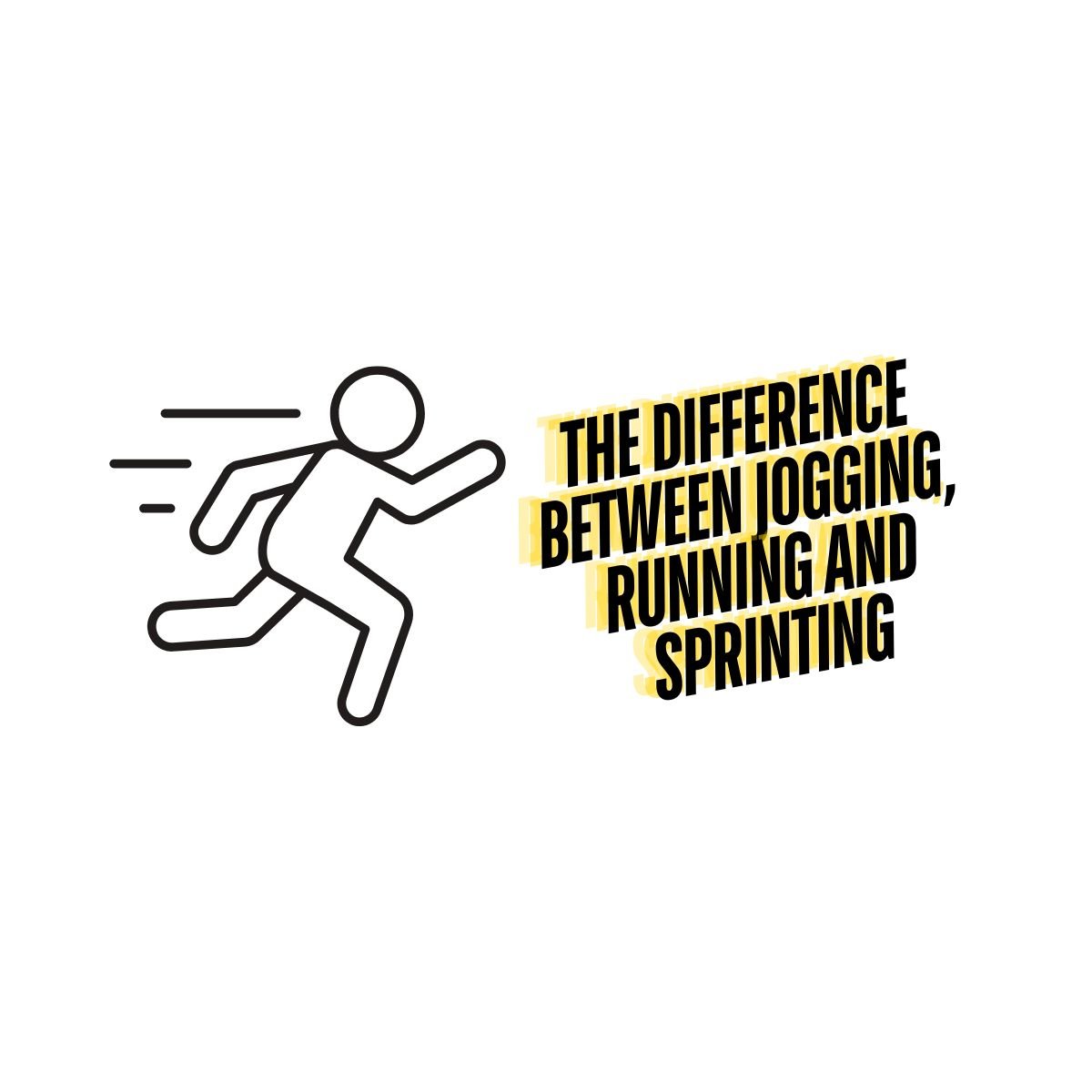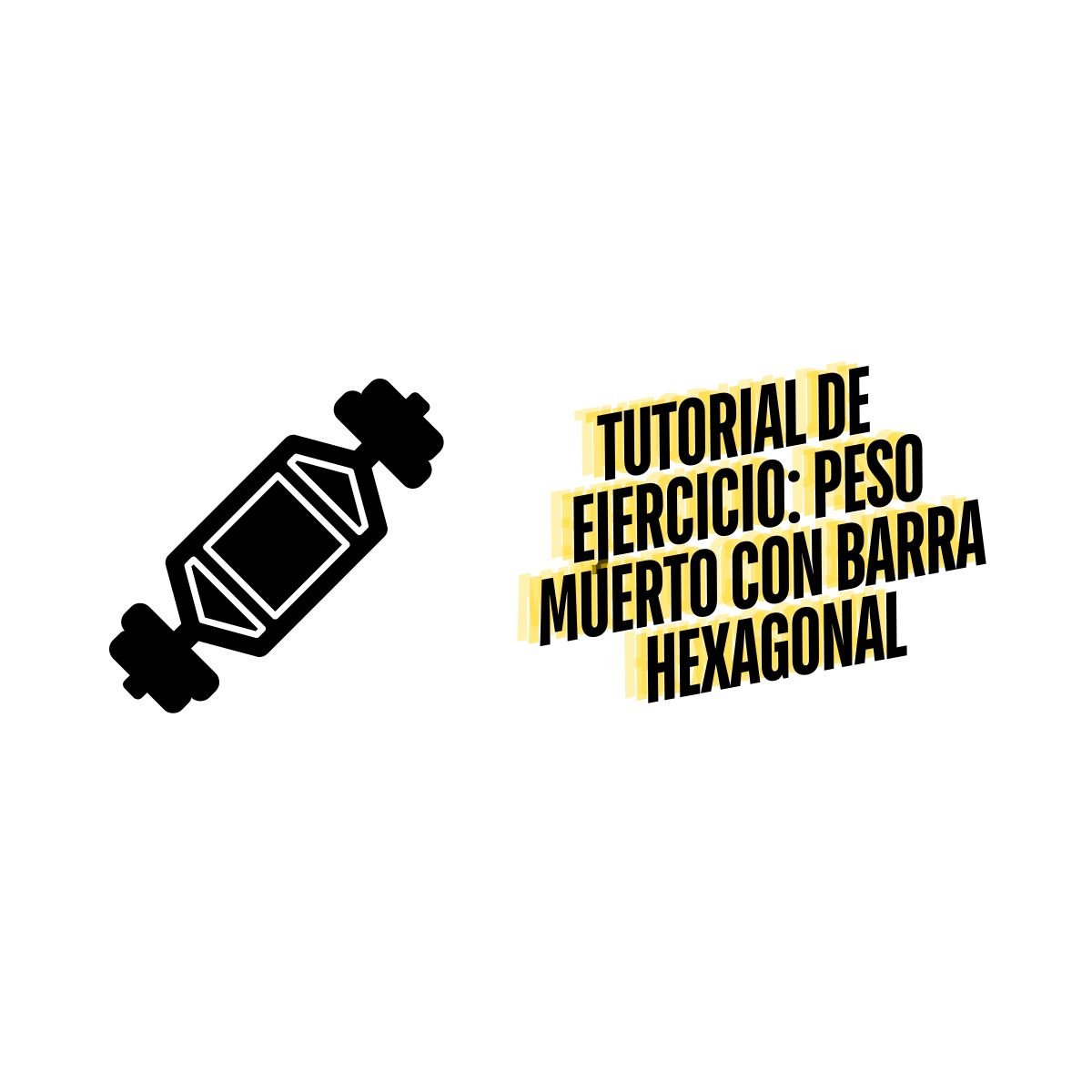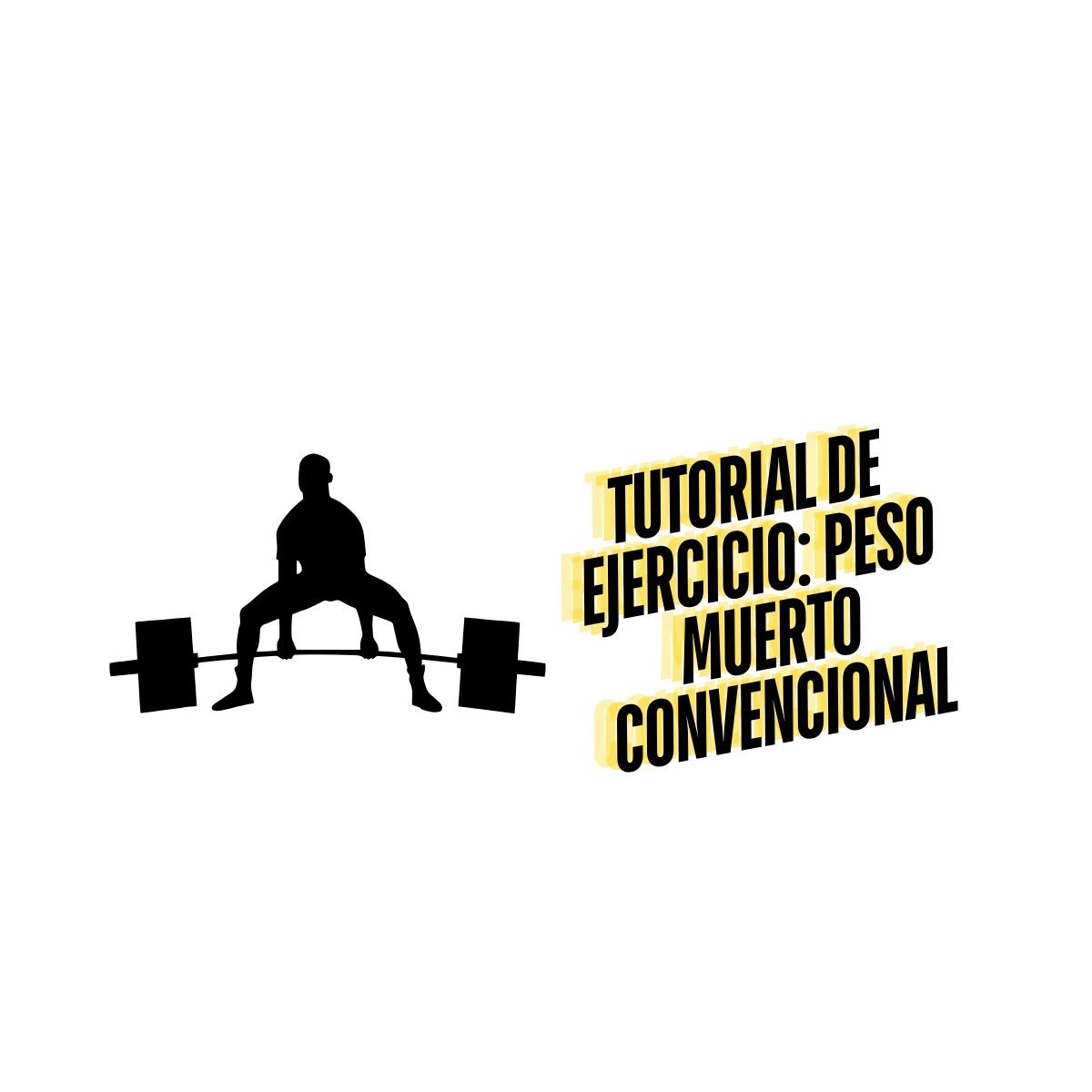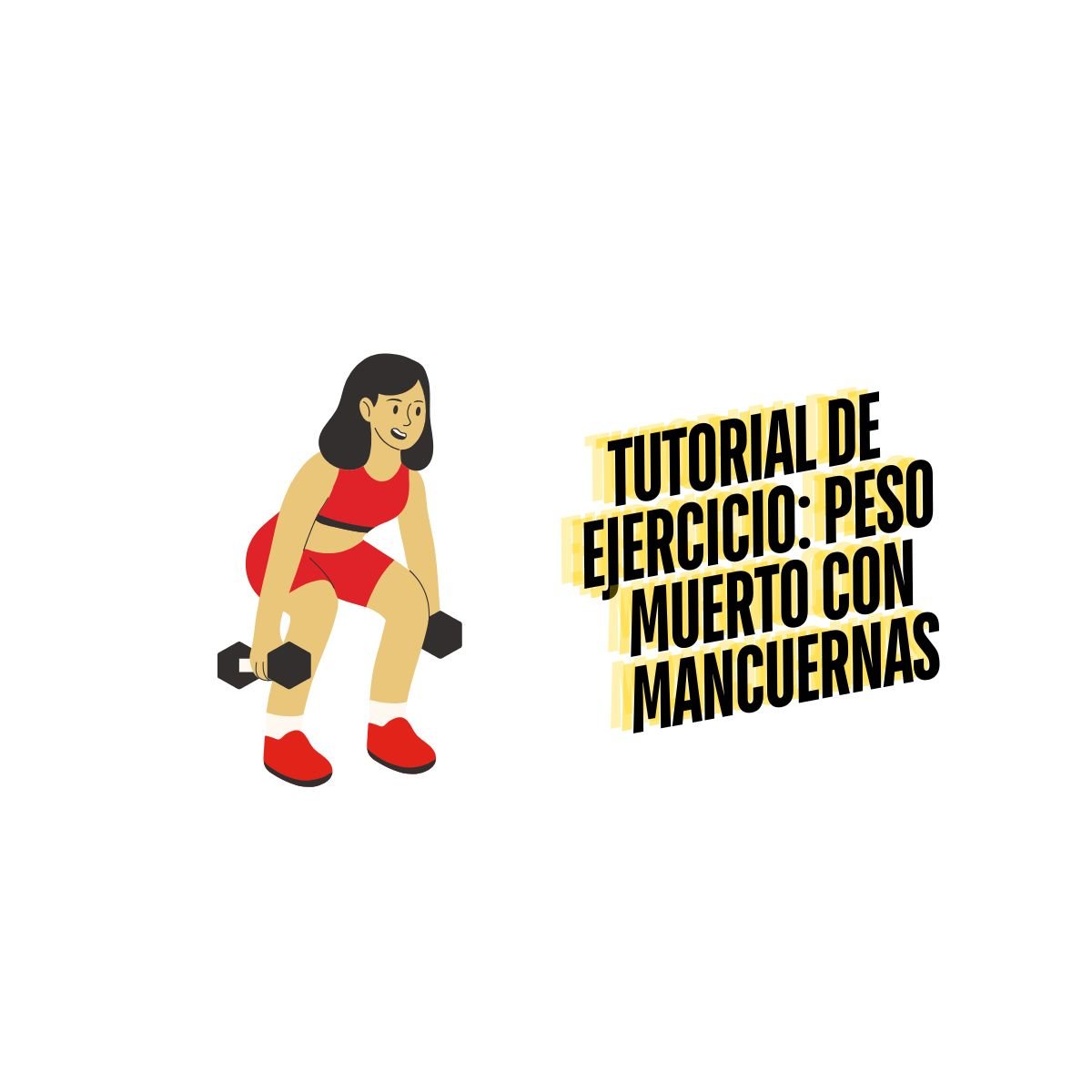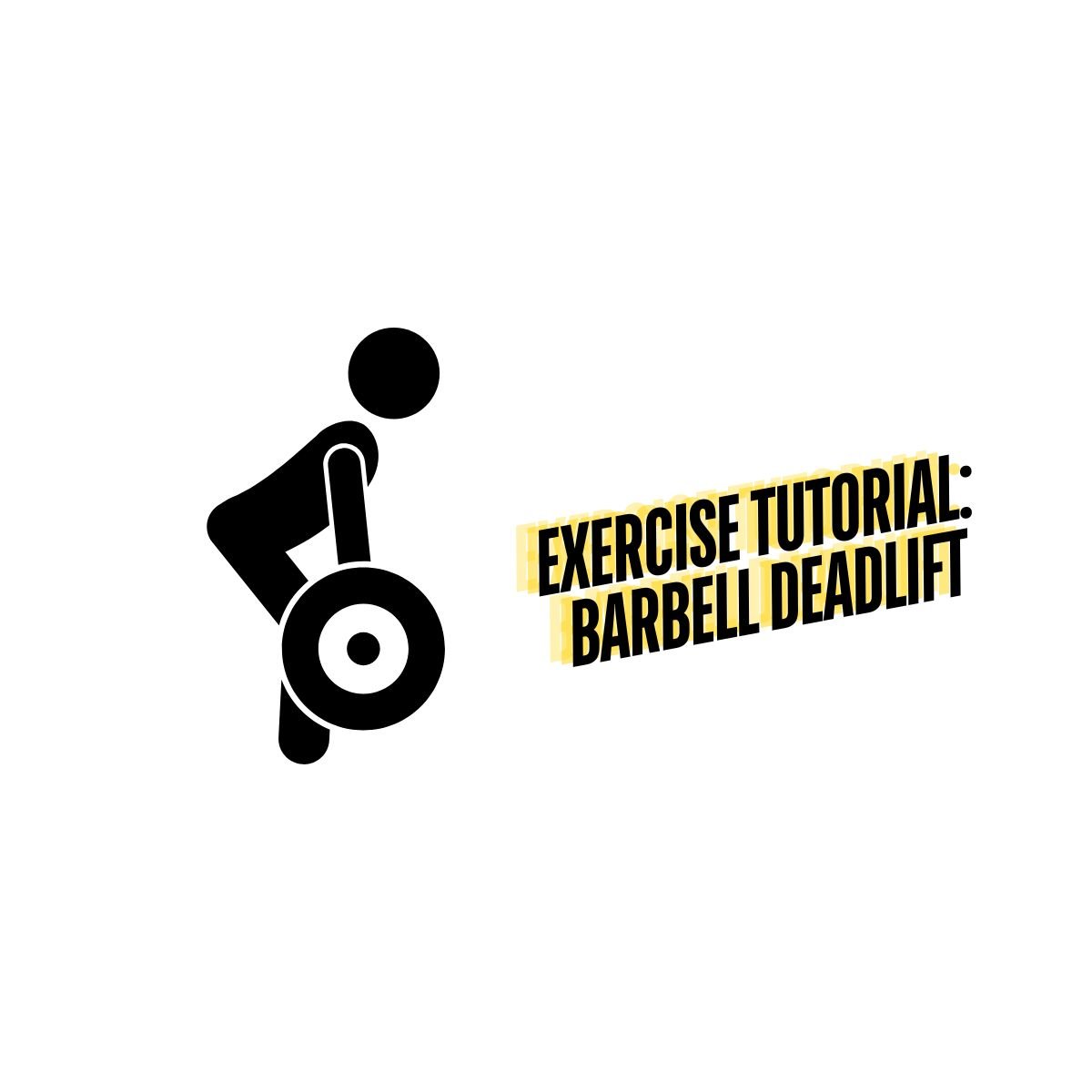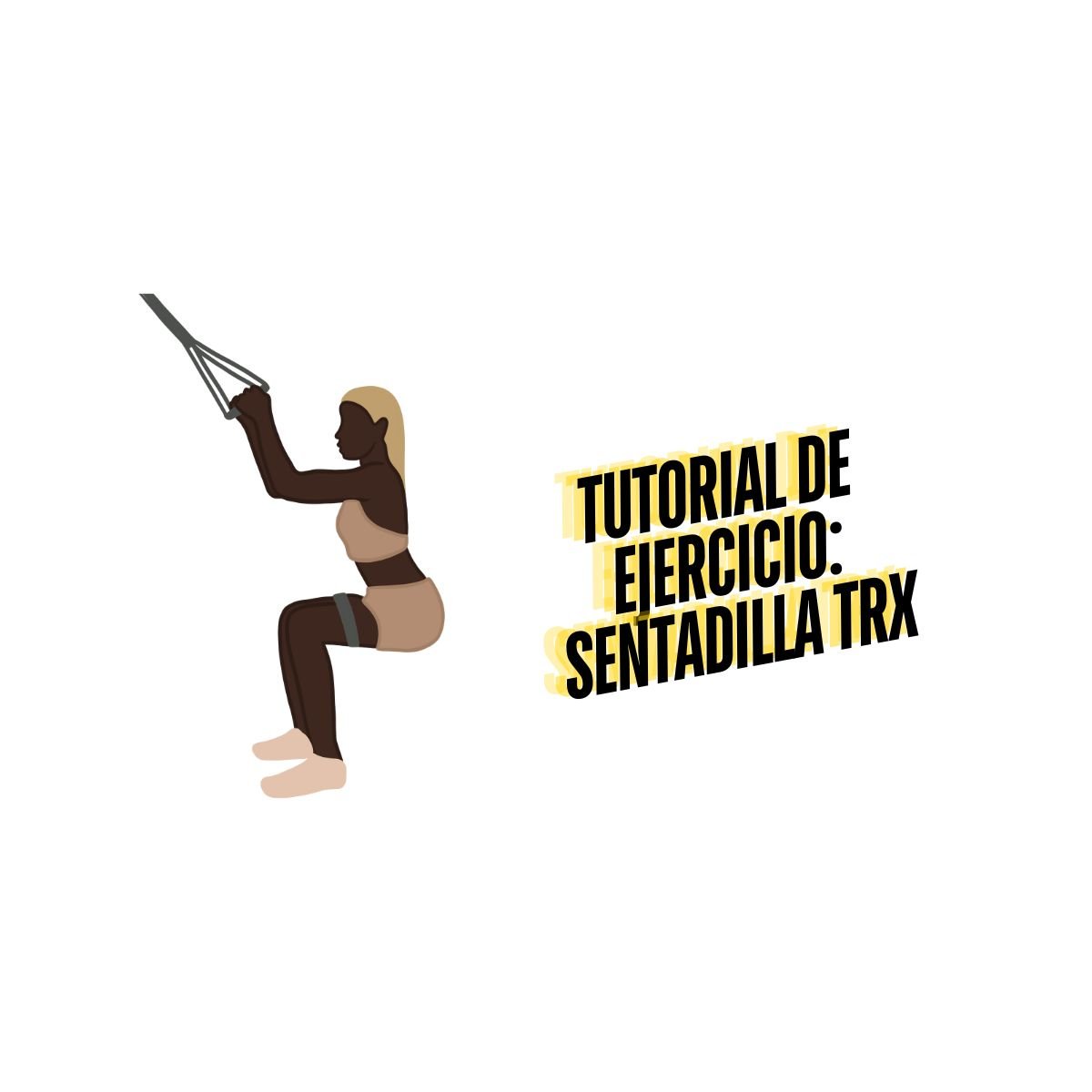The Importance of a Healthy Breakfast
Why Is Having a Healthy Breakfast for a Healthy Living
There are people think purposely missing out on breakfast is an ideal way to lose weight, but it isn’t. According to research on this matter, there is a direct link between eating breakfast and losing weight and compared to those who miss breakfast. Breakfast eaters tend to; eat fewer calories the whole of the day, consume little-saturated fat and cholesterol, be on a better nutrition diet, and witness drop in weight.
Breakfast commences our metabolism rate. It helps us reduce our calories the whole day and powers us with all the energy we need to do things throughout the day and drive our focus towards anything we plan on achieving. These reasons show why the meal is the most important of the day. A lot of studies have associated eating breakfast with healthy lifestyles, but it’s quite difficult to say if these lifestyles were caused by eating breakfast or people who have these healthy habits have them as a result of eating breakfast.
The idea of skipping breakfast to lose weight does not work for everyone because of our different metabolic process but there is a minus to skipping breakfast, and it is that our body doesn’t get the required weight loss benefits. According to studies, people who are on a weight losing spree are those people that eat a healthy breakfast, and this may cause loss of weight in different ways.
Skipping breakfast may or may not be healthy depending on our body dynamics but what is clear is that missing meal can derail the system of eating used to your body. When we wake up at morning, our body requires a certain amount of blood sugar to get the brains and muscles working at their best. This is usually low and would need the meal to restore it to an average level.
Ways of eating breakfast that help us to lose weight
Eating breakfast may cause loss of weight through these following ways namely;
Having a calorie limited breakfast: This can help us reduce our midday craving for food. These our cravings may lead us to excessive intake of unhealthy foods especially as most afternoon meals are great calorie junk from restaurants, fast food, or vending machine. These junk food usually possess a high sugar content and a high quantity of starch which in the end would leave you hungry again after a while and also full of calories which would be left with our metabolic process to handle.
Consuming a considerable sizing of food and little portions of food can help with keeping our food portions under control. Eating a small part of the food is a reasonable way of losing weight and also a better idea of keeping our weight in check once we’ve reached our desired size. Once our body gets used to consuming small sizing of food all day long, the chances of us overeating at other times of the day to make up for lack of calories would reduce.
Having lean proteins and whole grains that are diet friendly would make us feel full, and we would be comfortable all through the day because proteins take more time to digest which keeps us full for an extended period. The fibre from the grains keeps us fully satisfied and maintains our blood sugar level against getting cravings from sugary foods that will mess up our diet.
For improved early mornings and midday workout, having our share of breakfast may add to that cause. Getting the proper fuel for our energy before going into these sessions would cause us to put in more effort and work hard enough to burn a large number of our calories.
These few reasons are why it is recommended by the Academy for Nutrition and Dietetics that we share our meal into different portions which include our breakfast totalling four or five highest or even have the same number of times to eat protein-rich snacks per day.
If your body doesn’t get enough from your breakfast, you would feel like your energy was sucked away and you’ll end up consuming more food than expected. Through breakfast, there’s a high chance of getting some minerals and vitamin into the body through healthy meal intakes such as grains, dairy, and fruits.
It’s a big mistake rushing out the door without taking anything for breakfast, our body system needs that food before, and if you end up not eating as part of the activities of the morning, you’ll feel starved to the point of feasting on high sugar, and high-fat food.
Your Breakfast and Your Weight
After careful research, studies have shown people who have breakfast before leaving in the morning appear thinner than those who those who skip their meals. This could be because they’ve consumed meals with high protein and fibre content for breakfast which in turn would place their appetite under watch for the rest of the day.
For your weight loss program to be successful, you need to burn more calories than consumed each day. How fast our body burns, calories is called our metabolic rate. You would recall that it has been earlier said that our consumption of breakfast kick-starts our metabolic rate.
The rate at which our metabolism occurs changes regularly throughout the day and night. This change depends on when we last ate, or if we’re active or at rest. Even when we’re asleep, we burn calories but at a slower rate than when we’re active that is why the best way to burn calories from our bodies is to make full use of our metabolism when we’re awake, and that starts from when we consume breakfast.
It is usually advised that the best way to start the metabolic process in our body is to eat breakfast. It has been noted that after 8 hours of rest, nothing gets our metabolic process going fast as much as consuming a healthy meal, not even our early morning workout session.
Skipping breakfast in the morning does low not only our metabolic rate but also our blood sugar level, and when each morning we skip breakfast, we feel dull and slow. Having a low blood sugar level in the morning would eventually lead to us being very hungry and an increased craving for snacks or consuming large portions of food later for lunch or dinner.
Reasons Why We Miss Breakfast and How to Resolve Them
The usual reasons why people miss breakfast are;
Running out of time: time is of top quality for each one of us, but for the most important meal of the day, it is useful to make out time. If we’re only allowed a few minutes in the morning for breakfast because of one appointment or the other, we should
Make arrangements for our breakfast the night before, so they’re ready to be consumed first thing in the morning to avoid time wastage
Eat a meal that can be prepared in less than no time
Take out time to eat a little bit, and you can also take your breakfast along with you to save time.
To maximise the use of time in the early hours of the day, you can multi-task in your morning routine while also getting our breakfast ready. Note do not multi-task while eating to avoid eating too fast and causing digestion issues to yourself.
If there is no time to sit at home and eat, try to get something on your way to your appointment or you eat something immediately, you arrive at your destination. If your mornings are usually packed with no space left to eat, you can stock up your office with easy to make meals and cereals.
Preferring to exercise before eating: most people don’t have the idea that eating breakfast would burn more calories than exercising so they prefer to do the exercise instead with the aim of burning down their calories. Performing your training with an empty stomach in the morning would not see your metabolism reach the level it would if you ate before.
Ideally, we’re not supposed to exercise until after an hour or two after eating but if you’re the type that love to exercise early in the morning, eating a piece of fruit or drinking a glass of milk will add that spark to our metabolism that it would use to burn more calories during our workout. Don’t forget that you don’t need much food to speed up your metabolic rate, just a little meal or fruit and the process has begun.
Having too much dinner: not being hungry when you wake up may be as a result of a few things, overeating is one of them. Eating large amounts of food would result in our body system not processing the food overnight because of the slow metabolic process so you may wake up not feeling hungry.
Instead of having a heavy dinner, it’s advisable to eat something light with a moderate quantity of sugar as having meals with low sugar content at night might make it hard for you to fall asleep. Your dinner should include cereals made with whole grains/brans, fruits, cheese with less fat, sandwiches, yoghurt, smoothies, milk or hot chocolate.
How to Prepare a Healthy Breakfast That’ll Aid Weight Loss
As a person who is trying to cut off calories, what kind of meal are you supposed to eat? How do you prepare breakfast for weight loss? The best answer to these questions is making use of tips and guidelines meant for weight loss to prepare such meals. You can prepare a healthy breakfast for weight loss to start our day with the right advice.
Firstly, you are to have an idea of how much calories you are to consume in the breakfast meal because some of our breakfast contain high quantity of fat and calories. Then you have to balance your calories before bothering about calorie quality.
To determine the quantity of calorie intake daily, divide your calories by the number of meals/snacks consumed daily. To know the right amount of your calorie intake depends on your schedule, lifestyle and your preference but all these must fit into a pre-arranged goal for weight loss.
Secondly, you are to make a choice of food that will help you lose weight. When making this choice, think about the nutritional quality as they are important especially in your breakfast. Making a decision of sugary or starchy food for breakfast would see you get hungrier around early midday and it would result in making poor choices for food.
To avoid making these kinds of choices, decide on the type of quality calories for your breakfast. Let your meal contain fibre and protein as these keep you full for a more extended period. Choosing foods with fat can satisfy us, but they can also make us heavy and tired easily.
Choosing the quality of food don’t mean we should change our diet and forget our favourite food instead it’s making healthy adjustments towards achieving a personal goal. Examples of food filled with fibre and protein are Cereals, bagels, salmon, cheese with less fat, oatmeal, bacon and eggs, milk, meat, fish, and fruits.
Breakfast Dos and Don’ts for Watching Our Weight
Keep your breakfast in check and boost your possibility of losing weight with this list of dos and don'ts
Do accurately measure your food quantity/quality: when you’re in a hurry to get to an appointment, it’s quite easy to lose track of food portion, and this would lead to spoiling your diet and making it impossible to monitor. Keep a measured part of everything you’ll eat from cereals to milk to meat to keep track of your intake.
Do prepare your food ahead
Do make a measured content of smoothie
Don’t consume your calorie in any form of liquid except water, coffee, tea, and milk.
Don’t over cream your calorie intake
Conclusion
When it comes to using breakfast to get your metabolic rate processed, it’s more important that you eat a measured quantity of food to keep track of your calorie intake. Once you’ve successfully begun eating breakfast on a regular, you can now focus on making that breakfast healthy.
